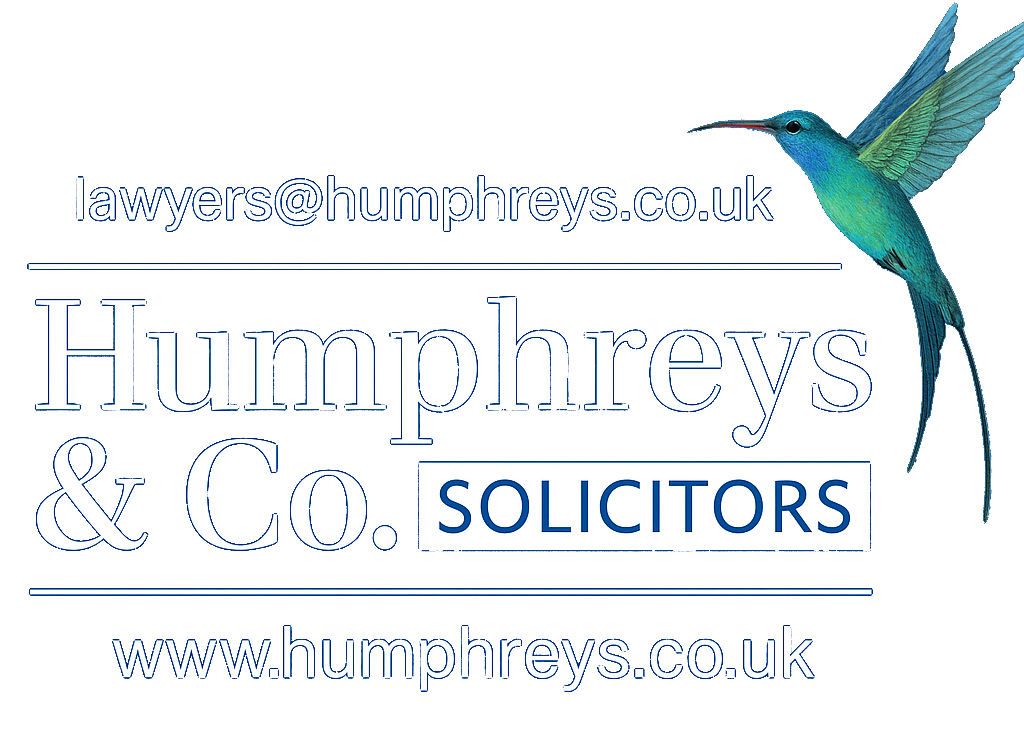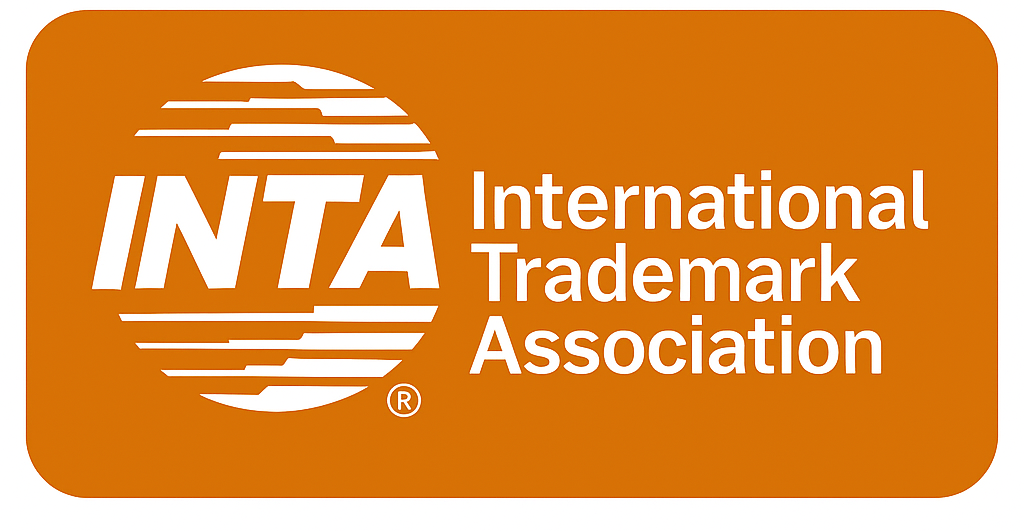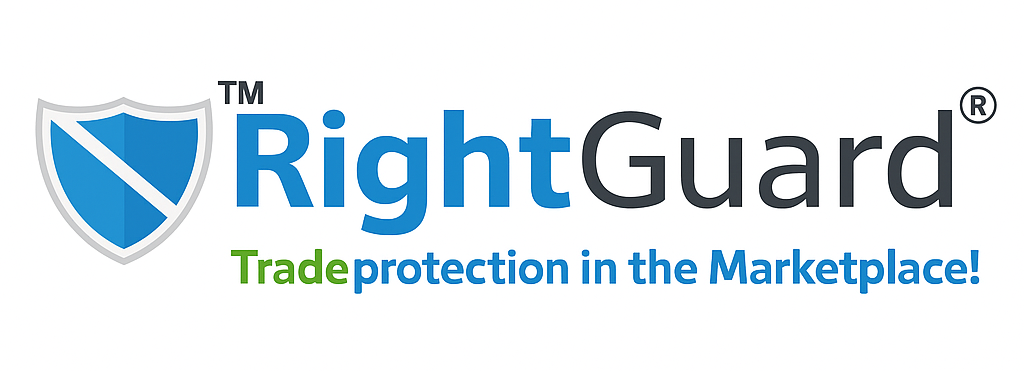
Copyright in music & lyrics
The copyright owner has the right to prevent others from:
- Copying the music
- Releasing copies of music into the public domain
- Renting or lending the music
- Performing the music
- Broadcasting the music
- Adapting the music, for example by using the score for another purpose.
Copyright in the music may be infringed when one of the above acts is done in relation to a whole or a substantial part of it without permission (though there are some relevant exceptions such as fair use which might provide a defence to a claim of infringement in certain situations).
Intellectual property in the music industry
Music and sound recordings are protected in the main by copyright which arises automatically without registration in a qualifying original work. There is likely to be more than one work protected in a given music recording so for example the lyrics, musical score, cover artwork and the sound recording itself all might qualify for separate copyright protection.
In addition there are likely moral rights attaching to original music which protects the artist’s right to: be identified as the author of the music; object to derogatory treatment of the music; and not to have the music wrongly attributed to another performer. If more than one artist was involved in the creation of a copyright work then they might each enjoy ownership of joint copyright.
Copyright in aspects such as the lyrics and musical score will be protected for 70 years from the end of the year in which the author or last remaining joint author dies. Copyright in the recording of the music will be protected for 50 years from the end of the year it was made or the end of the year of publication if it is published.
Recording contracts
Recording contracts are the traditional route into the music industry. They define the business relationship between a recording artist and a record label. Generally the label would provide an advance to the artist in exchange for the artist recording a certain number of pieces.
Copyright in the music recordings will generally be owned by the record label allowing it to recoup the proceeds of sale. The artist or artists can expect to receive a defined percentage of this revenue (known as ‘the royalties’) as part of their contractual remuneration.
Music and file sharing
One of the major challenges facing the music industry in the last decade has been the increasing popularity of peer-to-peer (P2P) and other file sharing methods which have been used to distribute music without permission on a grand scale. There is no doubt that this conduct amounts to copyright infringement (the medium of the internet is in principle no different to any other). The main difficulty arises from effectively policing infringement by millions of people in different countries which raises jurisdictional, evidential and practical problems to overcome. P2P networks in particular are designed so that no single central server is used. This makes the process of identifying and suing the serious culprits more challenging.
There have been a number of high profile attempts to pursue copyright infringer and this remains a viable tactic where major infringers can be readily identified. It does seem however that the emphasis in recent years has shifted towards accepting the realities of the internet and widespread unregulated file sharing. The way forward may well be through effective commercial agreements between music providers and other businesses (including ISPs), designed to exploit the value in copyright material using alternative business models.
Spotify for example provides free content to its users which is legitimately licensed from the copyright owners and funded through advertising. Another option to be considered alongside this approach is no doubt continued research into technological solutions which attempt to make unlicensed sharing more difficult (though of course there is an ongoing battle between determined file sharers and those looking to thwart them).




